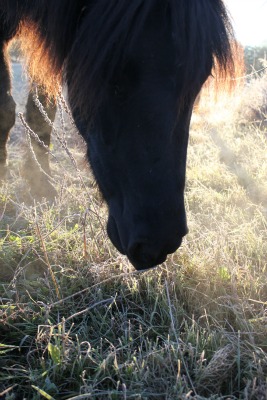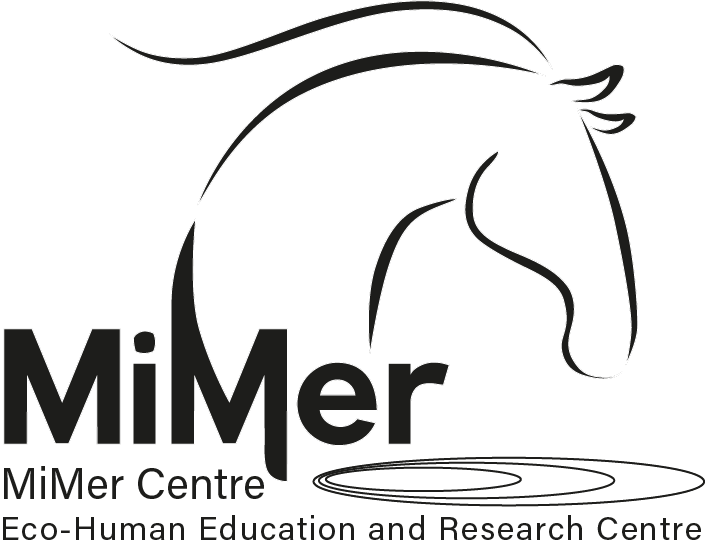 This page clarifies commonly used terminology and abbreviations in the field of Equine Assisted Intervention (EAI) -practices and research.
This page clarifies commonly used terminology and abbreviations in the field of Equine Assisted Intervention (EAI) -practices and research.
The terms used in the field vary considerably and are often used inconsistently. Different terminology is commonly used to describe many different and similar matters which create vagueness and confusion around what a particular term describes/ what it is.
In order to create a common understanding and a common language in the field and in its different practices, consistency in terminology is essential.
- Equine Assisted Activities (EAA): an umbrella term for all activities and interventions, both therapeutic and non-therapeutic, including equines. Both mounted and non-mounted activities.
- Equine Assisted Interventions (EAI): a term used to describe a range of different activities and treatments including equines, aiming to reshape mental/physical processes
- Equine Assisted Learning (EAL): experiential learning approach including equines in the process of learning, aiming to improve different life skills such as communication skills, relationship skills, leadership skills, self-awareness, personal growth (not therapy). EAL includes various different approaches, mounted and non-mounted.
- Equine Assisted Mindfulness (EAM): mindfulness/ present-moment awareness practices including equines.
- Equine Assisted Psychotherapy (EAP): a form of experiential therapy done together with equines, a licensed mental health professional, and often also including an equine professional in the team. Different psychological approaches may be used in EAP depending on the mental health professional.
- Equine Assisted Trauma Therapy (EATT): experiential mental health service, focused specifically on trauma treatment, including equines in the treatment team together with a licensed mental health professional and often an equine professional.
- Equine Professional (EP): EP is an expert on equines, ensuring the wellbeing and safety of equines in EAI programs/
- Experiential: experience-based, providing an experience, involving experience and observation
- Mental Health Professional (MH): a licensed mental health care practitioner, providing mental health services to improve different mental health conditions.
